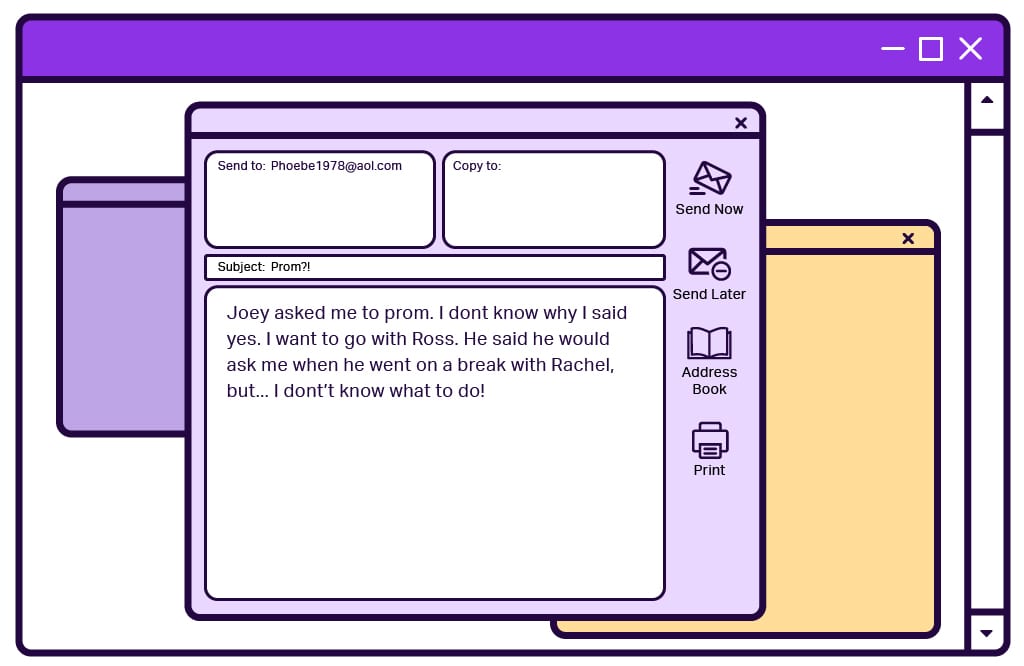Email is forever. Think about it. Long after you’ve rebranded your website, iterated through hundreds—maybe thousands—of Facebook ads and sold through past season’s inventory, your customers (and competitors) can still dig into the depths of their inboxes—reaching as far back as an old AOL account to find something cringeworthy your brand did or said years ago.
As a full-service CRM agency with Iterable platform expertise, our team at Ragnarok is often in the position of helping clients utilize email and cross-channel messaging to deliver upon short term sales and engagement goals. But our understanding of the long-term stickiness of the email channel is important for unlocking lasting, high-value customer relationships.
Here are five tips for building brand equity and advocacy via your email program.
1. Ditch the transactional mindset
It may not be news that triggered email messages relating to customer’s behaviors (such as order confirmation emails) receive higher engagement than marketing messages (no offense to marketing).
So, it hurts our hearts when we see a “transactional” email given absolutely no design love. With average open and click rates that are 2x higher than a marketing message, these types of emails are prime real estate for building brand love.
Bridge the gap between teams and breakdown silos to activate your triggered messages for product education, cross-selling and generally getting to know your audience better (hello, profile completion prompts!). If you’re not obsessing over their design and refreshing them at least once a year, then you’re missing out!


Delights customers with fun and colorful order confirmations.
2. Remember your “so what”
Nearly 300 billion emails are sent and received worldwide every single day. And despite the love, sweat and HTML code your team puts into each one—I can guarantee that users will take mere seconds to decide if your email is worth their time.
With the fight for customers’ attention being more competitive than ever, it’s of utmost importance that every pixel is designed to add value and help your brand stand out from the crowd.
Before approving any message, whether it be an email, mobile push, SMS, direct mail or social, ask yourself these three questions:
- Am I providing a truly unique point of view my user can’t find elsewhere?
- Can my user understand the concept and reason to click in just a few seconds while multitasking (i.e. cooking dinner and with kids crying in the background)?
- Is my design visually distinct?
If not, tweak until you’re there. If you don’t know the answers to these questions, then access opinions from either your existing customers or outside audiences using user research platforms like Typeform, Survey Monkey, Google Surveys or UserTesting.com It’s well worth the time!


I spy, with my little eye, a successful email marketer.
3. Don’t get stuck in the past
As a brand, it’s important to remember that customers are ever-changing and it’s our job to adapt with them. If a tactic “didn’t work” for your brand last year, don’t be afraid to give it another go.
Alternately, if you’re finding success, don’t get too comfortable. The pace of change is exponential and brands that stay on the forefront will continue to break new ground by surprising and delighting their customers.


AOL may be stuck in the past, but you don’t have to be.
4. Keep it real
In 2020, “breaking the third wall” by speaking directly to your customers is more than just ok—it’s the norm. Customers have more choices than ever about where they put their hard-earned dollars, so connecting with them directly is nearly table stakes for winning their loyalty.
Don’t be afraid to speak in the first person, introduce real people from your team and use a letter format email when full-design and luscious images won’t do.
5. Customer Service is your bestie
If you don’t have a feedback loop with your customer service team, then you’re doing it wrong. We love tools like Asana, Trello, or even Google Docs for collaborative access to marketing communications calendars and keeping everyone on the same page. And messaging tools like Slack are also great for opening the lines of cross-team communication across your organization.
Customers that actually use your product have a nice way of cutting through the internal clutter with their feedback and if you can champion the notion of truly hearing and responding to them, your brand will be better for it.
At Ragnarok, we work collaboratively with clients and partners like Iterable to keep the feedback loops moving and find solutions all day, every day!
To learn more about how Ragnarok can take your cross-channel growth marketing program to the next level, visit ragnaroknyc.com.





























